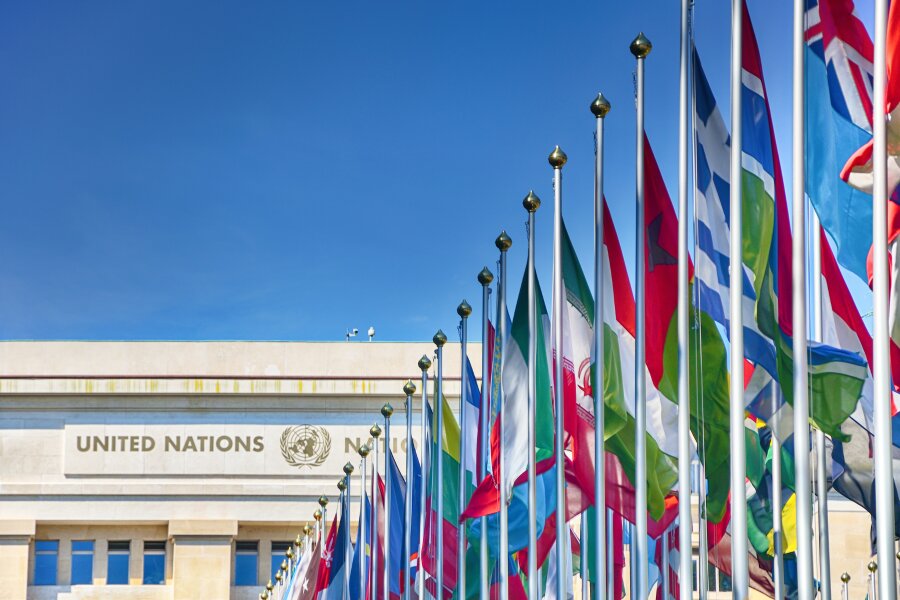Best Drugs & Medical Devices Lawyers in Tuzla
Share your needs with us, get contacted by law firms.
Free. Takes 2 min.
List of the best lawyers in Tuzla, Bosnia and Herzegovina
We haven't listed any Drugs & Medical Devices lawyers in Tuzla, Bosnia and Herzegovina yet...
But you can share your requirements with us, and we will help you find the right lawyer for your needs in Tuzla
Find a Lawyer in TuzlaAbout Drugs & Medical Devices Law in Tuzla, Bosnia and Herzegovina
The law governing drugs and medical devices in Tuzla, and broadly in Bosnia and Herzegovina, is aimed at ensuring the safety and efficacy of pharmaceuticals and medical devices available to the public. The regulatory framework is designed to oversee the entire lifecycle of these products, from research and development to distribution and post-market surveillance. It is influenced by European Union directives, given Bosnia and Herzegovina's aspirations for EU integration, while also reflecting local regulatory standards and public health priorities. The Agency for Medicinal Products and Medical Devices of Bosnia and Herzegovina is the main regulatory authority tasked with overseeing compliance within this sector.
Why You May Need a Lawyer
Legal assistance may be necessary in various circumstances involving drugs and medical devices. Individuals and organizations might seek legal help when dealing with issues such as product liability claims, regulatory compliance, intellectual property disputes, or navigating the process of drug approval. Patients who experience adverse effects from medication or defective medical devices might also require legal representation to pursue compensation. Manufacturers or healthcare providers, on the other hand, may need legal advice to mitigate risks and ensure they are operating within the confines of the law.
Local Laws Overview
In Bosnia and Herzegovina, the laws concerning drugs and medical devices are comprised of a mix of national legislation and entity-specific regulations. Key aspects include the requirement for licensing of all pharmaceutical products, strict control over the approval and marketing of medical devices, and mandatory adverse event reporting systems. Additionally, laws pertaining to consumer protection and product liability are crucial, as they dictate the recourses available to consumers affected by defective products. Understanding these laws is essential for any stakeholder in the healthcare sector to remain compliant and avoid potential legal issues.
Frequently Asked Questions
What is the process for drug approval in Bosnia and Herzegovina?
The drug approval process involves several steps, including submission of an application to the Agency for Medicinal Products and Medical Devices, analysis of clinical trial data, assessment of manufacturing practices, and finally, review by a committee of experts before a marketing authorization is granted.
Can individuals file lawsuits for defective medical devices?
Yes, individuals can file product liability lawsuits if a medical device is found to be defective and causes injury or harm. Legal counsel can help guide the process and assist in seeking compensation for damages.
Are there specific laws protecting consumer rights regarding pharmaceuticals?
Yes, consumer rights are protected under various laws and regulations, including those for product safety and consumer protection. These laws ensure that pharmaceutical companies adhere to high standards of safety and ethical marketing practices.
How are counterfeit drugs handled legally in Tuzla?
Counterfeit drugs are illegal, and the government takes strong measures against their production and distribution. Legal penalties for involvement in counterfeit drugs can be severe. Affected consumers or businesses should report such activities to the authorities.
What should a company do if they want to distribute a new medical device in Bosnia and Herzegovina?
Companies must obtain the necessary approval from the Agency for Medicinal Products and Medical Devices. This involves demonstrating compliance with safety and efficacy standards through comprehensive documentation and potential on-site inspections.
What roles do local health authorities play in drug regulation?
Local health authorities assist the national regulatory body by monitoring compliance at the community level, facilitating public health initiatives, and conducting inspections to ensure compliance with health standards.
Are there current challenges in the field of drugs and medical devices law in Tuzla?
Challenges include aligning local laws with EU standards, handling the influx of new technologies in healthcare, and ensuring robust systems for monitoring adverse effects or product failures.
How does one report adverse reactions to drugs or medical devices?
Adverse reactions should be reported to the Agency for Medicinal Products and Medical Devices through their established reporting systems, or via healthcare providers who can facilitate the process.
Is there a difference between the regulation of domestic and imported drugs?
While the standards for safety and efficacy apply equally to both, the process for imported drugs includes additional requirements, such as verification of manufacturing practices and compliance with international standards.
What legal recourse is available if a pharmaceutical company engages in misleading advertising?
Individuals or businesses can file complaints with the appropriate regulatory bodies, and legal action can be taken to seek rectification, compensation, or cessation of misleading practices by offending companies.
Additional Resources
For further assistance, consider reaching out to the Agency for Medicinal Products and Medical Devices of Bosnia and Herzegovina, local health departments, consumer protection organizations, or legal firms specializing in healthcare and pharmaceutical law. These entities can provide more detailed guidance and support.
Next Steps
If you require legal assistance regarding drugs and medical devices in Tuzla, it is advisable to consult with a legal professional specializing in this field. Start by gathering all relevant documentation and consider organizing an initial consultation to discuss your specific situation. Legal services can help clarify your rights, obligations, and the best course of action to address your concerns.
The information provided on this page is intended for informational purposes only and should not be construed as legal advice. While we strive to present accurate and up-to-date information, we cannot guarantee the accuracy, completeness, or currentness of the content. Laws and regulations can change frequently, and interpretations of the law can vary. Therefore, you should consult with qualified legal professionals for specific advice tailored to your situation. We disclaim all liability for actions you take or fail to take based on any content on this page. If you find any information to be incorrect or outdated, please contact us, and we will make efforts to rectify it.









